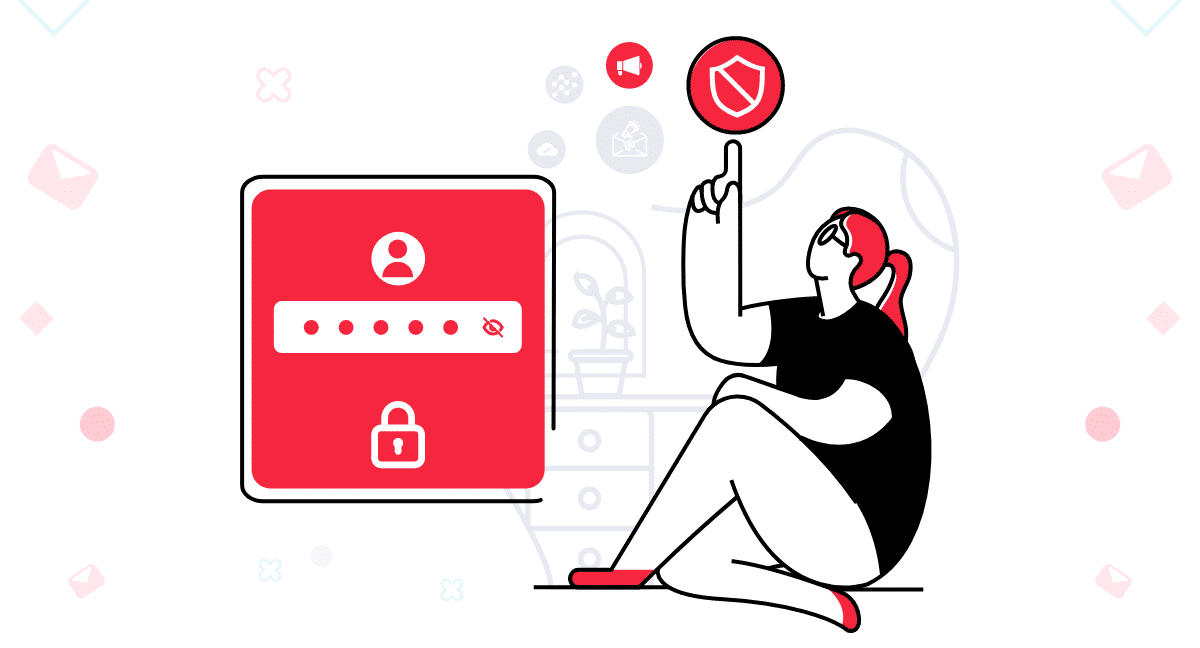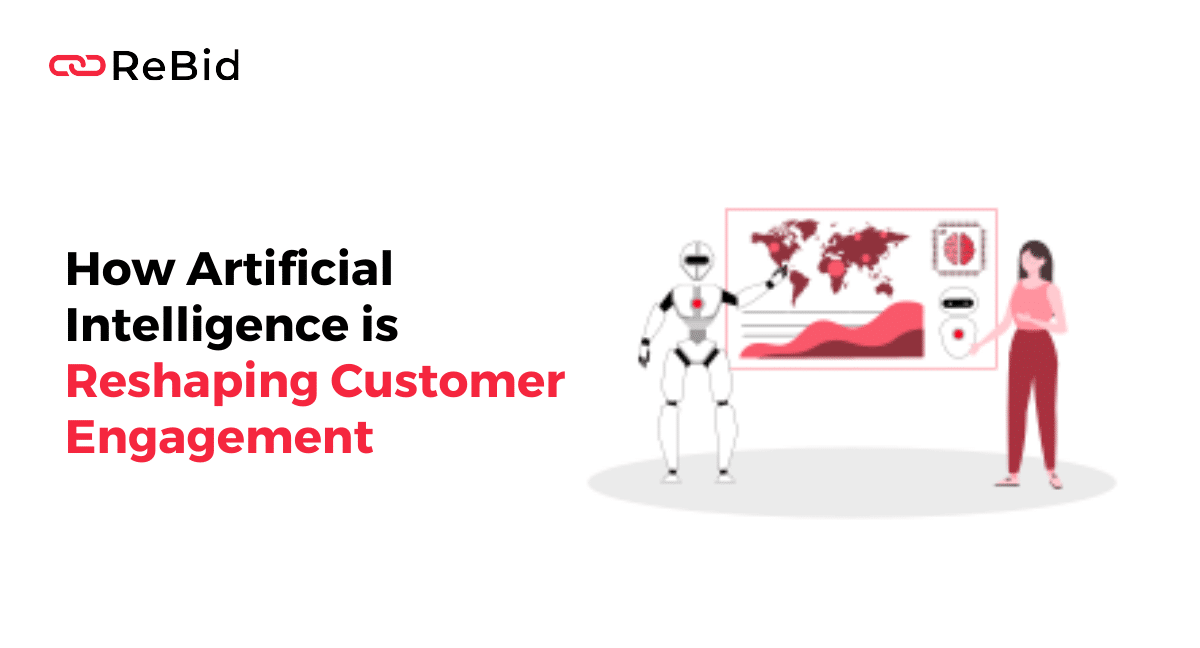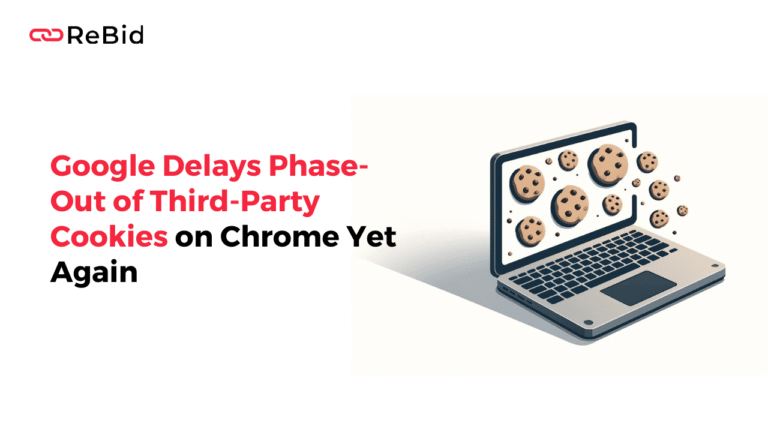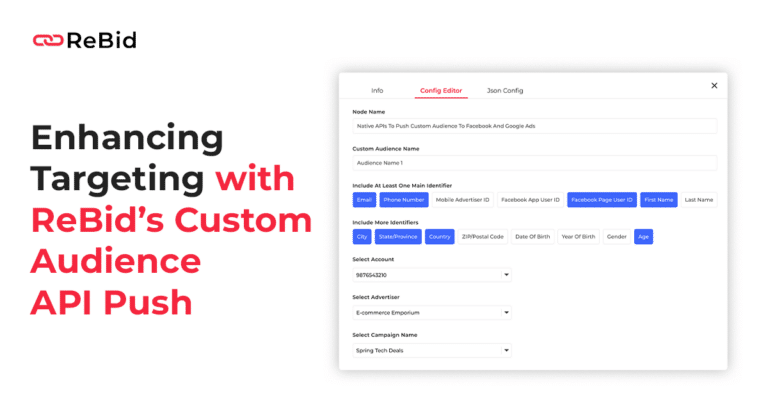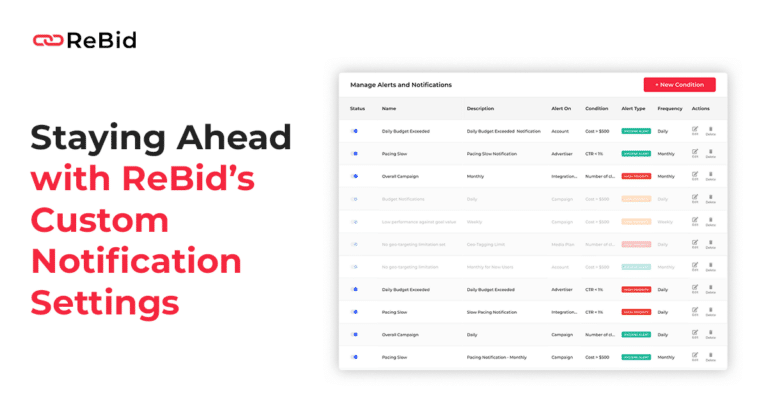The Rise of AI Marketing
The digital marketing landscape is undergoing a seismic shift. Artificial intelligence (AI) is no longer a futuristic concept; it’s rapidly becoming an indispensable tool for businesses seeking to connect with their customers in a more personalized, efficient, and impactful way. This blog post dives deep into the transformative power of AI marketing, exploring its capabilities and offering practical guidance on how you can leverage this technology to achieve superior marketing results.
Unleashing the Power of Personalization: Tailoring Experiences for Every Customer
In today’s crowded digital space, generic marketing messages simply don’t cut it. Customers crave personalized experiences that cater to their unique needs and preferences. AI empowers marketers to achieve this level of personalization through its adept data analysis capabilities. AI algorithms can sift through vast amounts of customer data, including demographics, purchase history, website behavior, and past interactions. By analyzing these data points, AI can build detailed customer profiles, uncovering individual preferences and pain points.
This enables the creation of hyper-targeted marketing campaigns that resonate on a deeper level. Imagine sending an email with product recommendations carefully curated based on a customer’s recent browsing activity, or displaying personalized ads on social media that directly address their specific needs. This level of personalization fosters stronger customer connections, leading to increased engagement and ultimately, higher conversion rates.
From Optimization to Automation: Streamlining Your Marketing Operations
Beyond personalization, AI offers significant advantages in terms of marketing campaign optimization and automation. Repetitive tasks that previously consumed valuable time and resources, such as ad bidding, budget allocation, and content scheduling, can now be efficiently handled by AI. AI algorithms can analyze past campaign performance data to identify patterns and trends.
They can then utilize this knowledge to automatically optimize campaigns in real time, adjusting parameters like ad copy, targeting criteria, and budget allocation for maximum effectiveness. This frees up valuable time for marketers to focus on strategic initiatives and creative endeavors. Additionally, AI can generate personalized marketing content at scale. From crafting targeted email copy to creating engaging ad creatives, AI can significantly reduce content creation time and ensure consistent messaging across all marketing channels.
Predicting the Future: Proactive Engagement with AI-Powered Insights
One of the most exciting aspects of AI marketing is its ability to predict customer behavior. AI models can analyze historical data and customer interactions to identify patterns and predict future actions. This allows marketers to anticipate customer needs and proactively engage them at the right time. Imagine predicting which customers are at risk of churn and initiating targeted campaigns to win them back. Or, identifying potential high-value customers and launching personalized nurture campaigns to move them further down the sales funnel. This predictive power enables proactive marketing strategies that maximize customer lifetime value and drive long-term business growth.
Inspiring Examples of AI Marketing in Action
AI is already making waves in the marketing world. Here are some concrete examples of how businesses are leveraging AI to achieve remarkable results:
- Data Enrichment: AI algorithms can clean and enrich customer data, uncovering missing information and filling in gaps. This provides a more comprehensive 360-degree view of the customer, enabling the development of highly targeted marketing campaigns.
- Content Creation Powerhouse: AI can generate personalized content, including emails, blog posts, and ad copy, tailored to specific customer segments and preferences. This saves marketers time and ensures consistent brand messaging across all channels.
- Machine Learning in Advertising: Platforms like Google Performance Max and Meta Advantage+ Shopping campaigns leverage AI to optimize ad delivery and targeting based on user behavior and past performance data. This results in ads reaching the right audience at the right time, leading to increased conversions.
- Predictive Modeling: AI can predict future customer behavior, allowing marketers to personalize outreach and optimize campaigns for maximum impact. This could involve anticipating customer needs before they arise or identifying potential product recommendations that resonate with individual preferences.
Embracing the AI Marketing Revolution: A Step-by-Step Guide
Ready to harness the power of AI in your marketing strategy? Here’s a practical guide to get you started:
- Audit Your Marketing Activities: The first step is to identify areas within your marketing operations where AI can address existing challenges and promote efficiency. Consider tasks that are time-consuming, repetitive, or involve data analysis.
- Build a Cross-Functional Team: AI marketing success thrives on collaboration. Build a team with diverse expertise, including data scientists, marketing professionals, and sales representatives. This cross-functional approach ensures all perspectives are considered when exploring and implementing AI solutions.
- Start Small and Experiment: Don’t try to revolutionize your entire marketing strategy overnight. Begin by identifying low-risk, high-impact pilot projects. This allows you to test the waters of AI marketing and assess its effectiveness within your specific context. Focus on measurable goals and track the results of your pilot campaigns to determine success and identify areas for improvement.
- Continuous Improvement: The key to a successful AI marketing strategy is continuous learning and refinement.
FAQs
1. What are the benefits of using AI in marketing?
AI offers a multitude of benefits, including:
- Personalized customer experiences
- Increased campaign efficiency and effectiveness
- Improved customer engagement
- Data-driven decision making
- Increased sales and ROI
2. How can I get started with AI marketing?
Follow these steps to get started:
- Identify areas for improvement: Analyze your current marketing efforts and pinpoint challenges that AI can address.
- Educate yourself: Learn about the different AI marketing tools and technologies available.
- Develop a plan: Define your goals and objectives for using AI in marketing.
- Start small: Implement AI in a pilot project to test its effectiveness.
- Measure results: Track the impact of your AI marketing efforts and make adjustments as needed.
3. What are some examples of AI marketing tools?
There are many AI marketing tools available, including:
- Customer data platforms (CDPs) like ReBid
- Marketing automation platforms
- Content creation tools
- Social media management platforms
- Advertising platforms with AI-powered features
